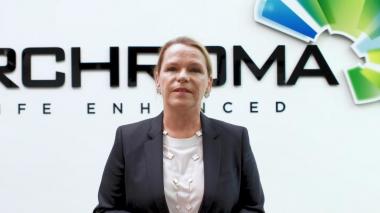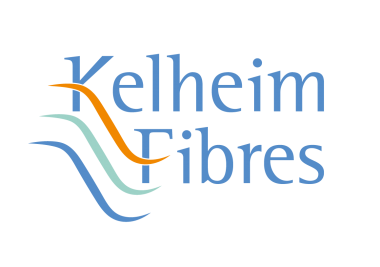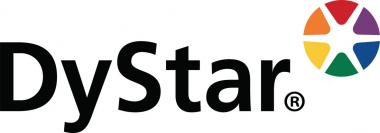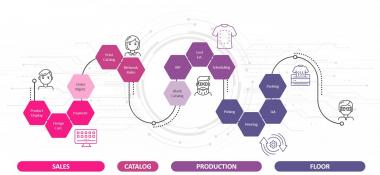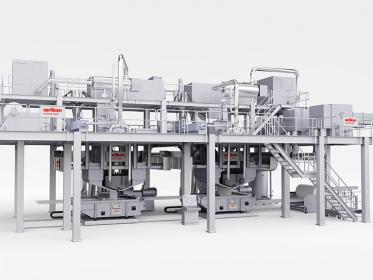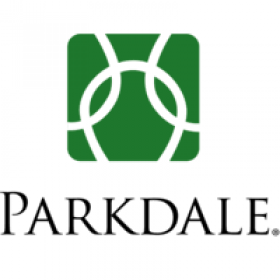Archroma: Ranked in Institute of Public & Environmental Affairs (IPE) List
Archroma, a global leader in specialty chemicals towards sustainable solutions, has been recently ranked number 1 in the “industrial chemicals” list published by the Institute of Public & Environmental Affairs (IPE) for driving transparency in their supply chain.
Archroma also entered the Top 50 of companies in IPE’s Green Supply Chain CITI Evaluation, at the 47th position. The evaluation dynamically assesses brands on the environmental management of their supply chains in China.
With a wide array of products used every day, everywhere, the company is committed to operate along the principles of “The Archroma Way to a Sustainable World: Safe, efficient, enhanced, it’s our nature”. The Archroma team is therefore committed to sourcing safe and sustainable raw materials and intermediates from like-minded partners.
Heike van de Kerkhof, CEO of Archroma, recently delivered a message at the IPE 2020 Green Supply Chain Forum online, and commented: “As industry leader, we have the responsibility to keep on addressing the climate challenge, and to do everything we can together to reduce our impact on the environment. This is where the approach of the Institute of Public & Environmental Affairs supports us. They encourage us to challenge our suppliers in terms of safety, health and environment, and to go even beyond our own strict policies and processes.”
EMG


